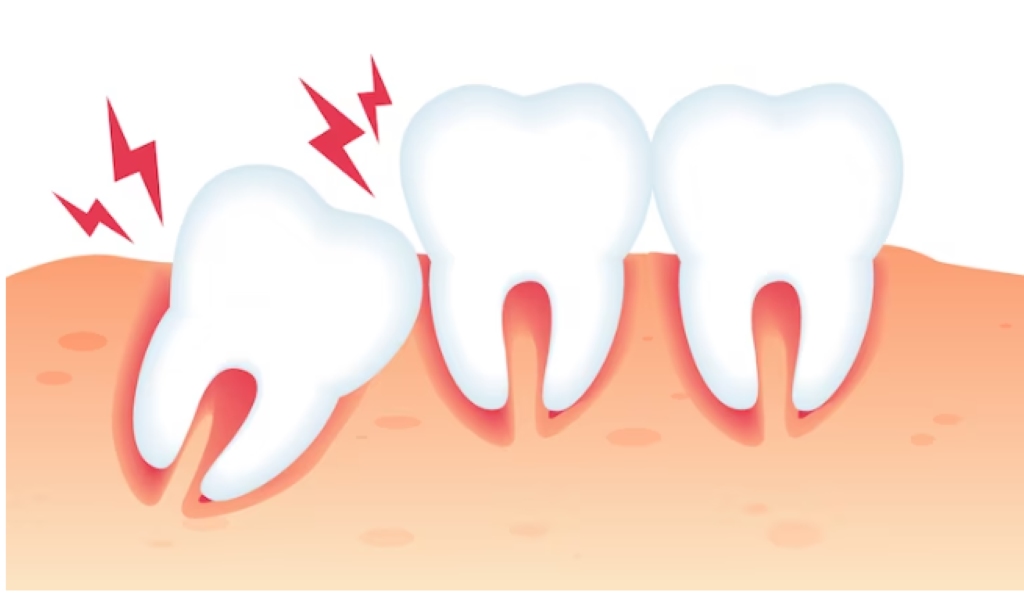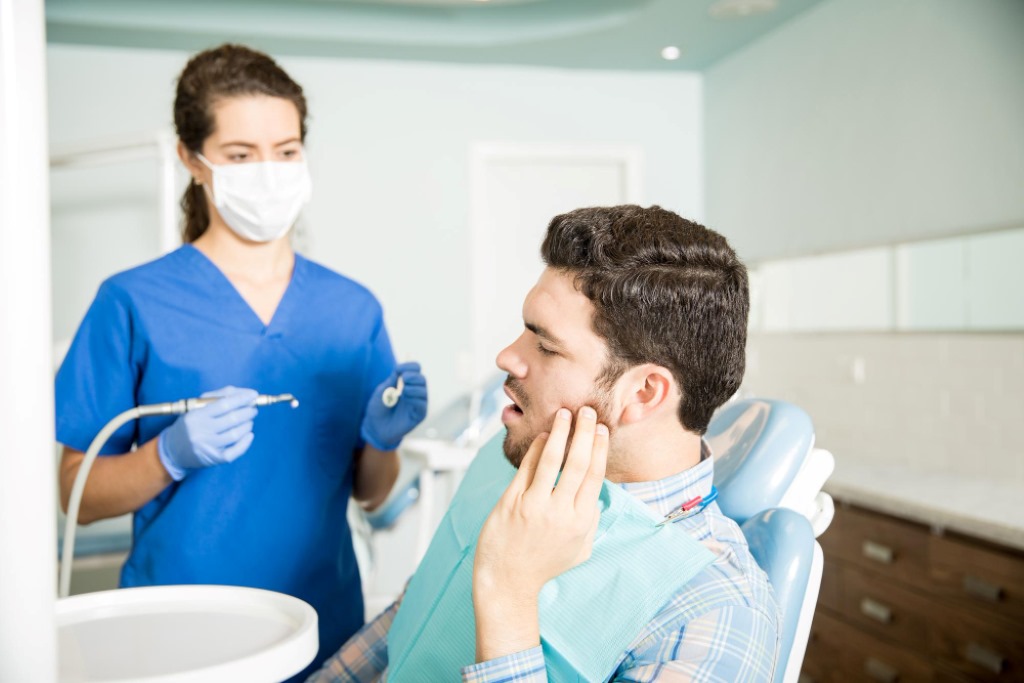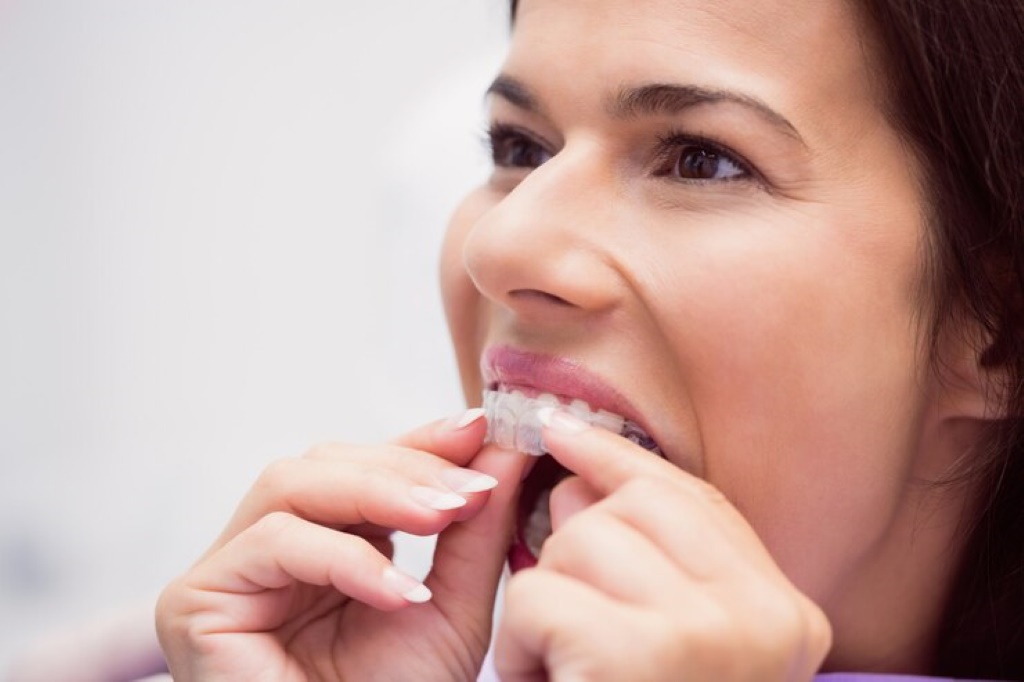Engaging in sports is a physically demanding venture. Athletes strive for excellence and triumph, pushing their bodies to the limits. However, amidst the thrill and competition, there is always a risk of sports-related injuries, including injuries.
Accidents can happen, particularly when it comes to our teeth. That’s why immediate and appropriate emergency care is essential. In this article, we will delve into types of injuries related to sports, emphasize the importance of prompt treatment and outline the necessary steps to take in case of a dental emergency.
Types of Injuries in Sports
Following are some common issues related to teeth take place while participating in any sports:
Tooth Fractures
One type of dental injury experienced during sport activities is tooth fractures. These can range from chips to severe fractures that expose the tooth nerve. They typically occur due to blows to the face or falls while participating in an activity or high impact sports. In such case, there’s a clear path to follow: seek out a dental savior, your trusted dentist.
Tooth Displacement
Tooth displacement occurs when a tooth gets pushed out of its position but doesn’t completely come out of its socket. This particular injury can happen during contact sports such as football, hockey or martial arts.

Tooth Avulsion
Tooth avulsion refers to a dislodging of a tooth, from its socket. Sports-related dental injuries often occur as a result of an impact, to the mouth. It is vital to seek attention for dental injuries in order to have the best chance of saving the affected tooth.
Soft Tissue Injuries
Apart from injuries sports accidents can also cause harm to the lips, gums and cheeks resulting in soft tissue injuries that may require stitches or other medical intervention.
The Importance of Prompt Treatment
There are reasons why prompt treatment is crucial for sports-related dental injuries;
1. Tooth Survival: When a tooth is completely knocked out (avulsion) the chances of saving it decrease significantly with every passing minute. Immediate care increases the likelihood of re-implanting the tooth.
2. Pain and Discomfort: Dental injuries can be extremely painful. Ensuring athlete’s well-being and comfort is important. Prompt treatment can provide relief from pain and discomfort, benefiting the injured athlete.
3. Preventing Infections: A broken or displaced tooth can expose its pulp, making it susceptible to infection. Swift treatment plays a role in preventing infection and reducing the need for dental procedures.
4. Oral Health and Aesthetics: Maintaining health and an appealing smile is crucial for athletes as their appearance often plays a significant role, in their careers or self-esteem. It is important to seek treatment, for an injury, to increase the chances of preserving the natural appearance of the tooth.
5. Psychological Impact: Dental injuries can have an impact on an athlete’s mental well-being. Seeking care and successful treatment can help minimize the distress that often accompanies such injuries.

Steps to Follow in a Dental Emergency
If a dental injury occurs during sport activities, there are steps that athletes, coaches, and bystanders should take;
- Stay Calm: Maintaining composure is crucial during any emergency situation. Panicking can make it more difficult to handle the situation
- Assess the Situation: Evaluate the extent of the injury. Determine if it is a fracture or a severe avulsion. This assessment will guide your actions.
- Handle the Tooth with Care: If a tooth has been completely knocked out, hold it by its crown (the chewing surface) rather than touching its root. Avoid touching the root as it could damage the cells for re-implantation.
- Gently Rinse: If the tooth is dirty rinse it gently with saline solution or milk to remove debris. Avoid using tap water or scrubbing vigorously.
- Reposition Displaced Teeth: If a tooth has been partially. Remains in its socket try to reposition it back, into its normal alignment. Please handle it with care. Avoid exerting force.
- Reinserting a Knocked-Out Tooth: If a tooth has been completely knocked out try to put it into its socket. Hold it in place. Ask the injured person to bite down on a piece of gauze or a clean cloth to keep it in position.
- Use a Mouthguard Case: If you can’t reinsert the tooth store it in a container with saline solution, milk, or the person’s saliva. A mouthguard case works well for this purpose.

- Seeking Immediate Dental Care: Time is crucial when it comes to emergencies. Get in touch with a dentist or dental specialist as soon as possible. Explain the situation. Many dental professionals offer emergency services to promptly address cases.
- Reducing Swelling and Pain: Applying a compress to the area can help decrease swelling and relieve pain while waiting for professional treatment.
Conclusion
Dental injuries from sports can cause pain and emotional distress. The significance of appropriate emergency care cannot be emphasized enough. Athletes, coaches and sports organizations should prioritize education and preparedness, for emergencies. By being well-informed and taking measures athletes can continue engaging in their sports while minimizing the potential consequences of dental injuries.










